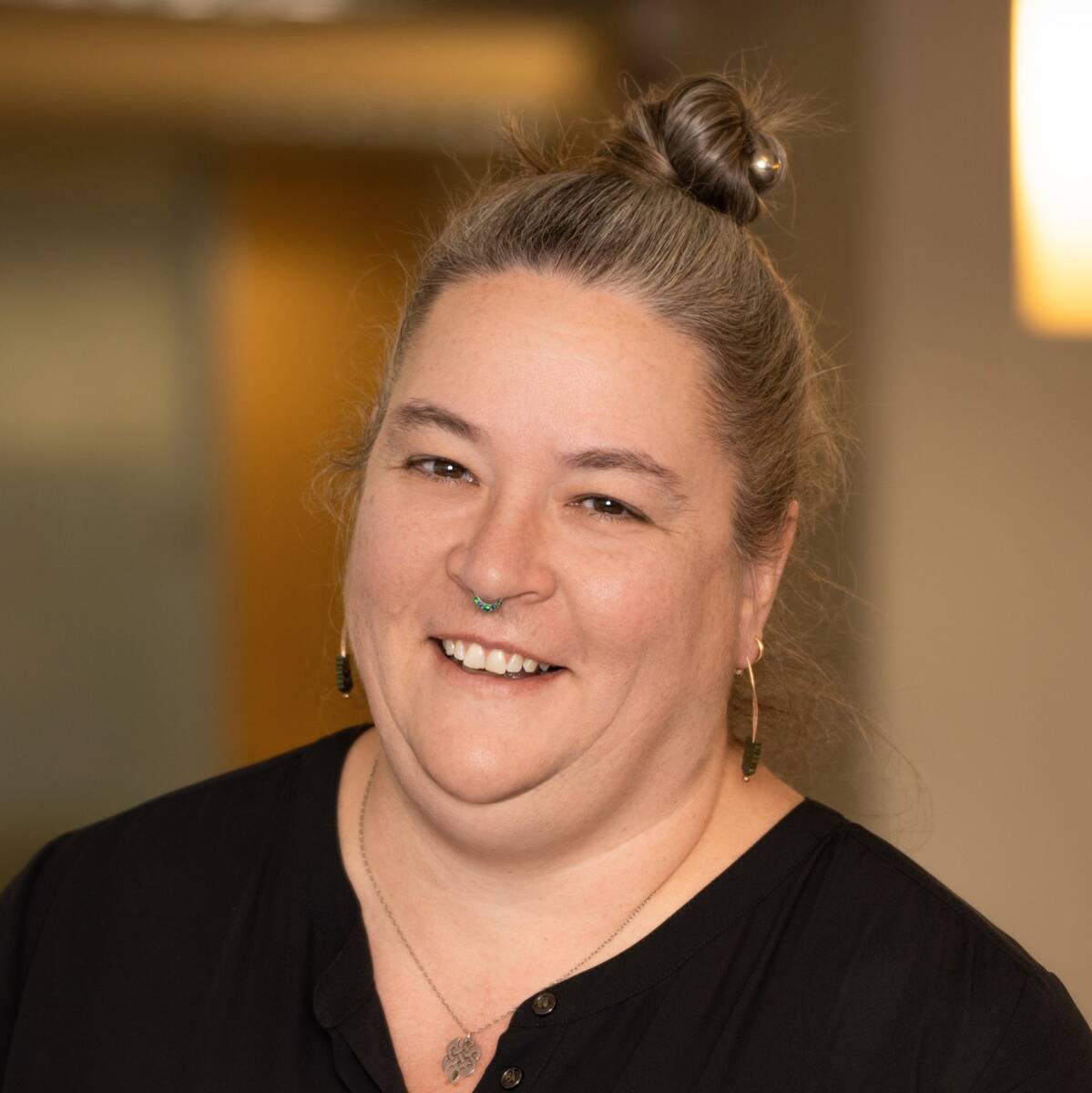Tanya Harding, Ph.D.

Tanya has more than two decades of experience preparing and prosecuting U.S., international, and foreign patent applications, as well as advising clients with regard to patent-related administrative proceedings, including post-grant proceedings, European third-party document submissions, and European oppositions. She has also prepared legal opinions, including patentability, inventorship, freedom to use, and infringement/non-infringement opinions. Client counseling regarding intellectual property (IP) portfolio management, portfolio acquisition/transfer, and due diligence are additional aspects of Tanya’s work.
Tanya has experience patenting technologies in areas including molecular and cell biology, basic and applied plant biology, genetics (of plants, animals, and microbes), biofuel production, cancer and immunology, vaccines, infectious diseases (including bacterial, fungal, and viral diseases) of animals and plants, inherited diseases (including diagnostic methods and compositions, as well as personalized treatments), CRISPR and other genetic editing systems, biomedical informatics, nanoparticles (including for delivery of therapeutics), and microarray and high throughput technologies.
Prior to joining Lee & Hayes, Tanya was a partner at an internationally-recognized IP law firm. Before she obtained her law degree, Tanya earned her Ph.D. in Plant Biology. Her doctoral research focused on non-canonical intracellular protein trafficking, particularly from the cytoplasm to the vacuole, in yeast cells.

